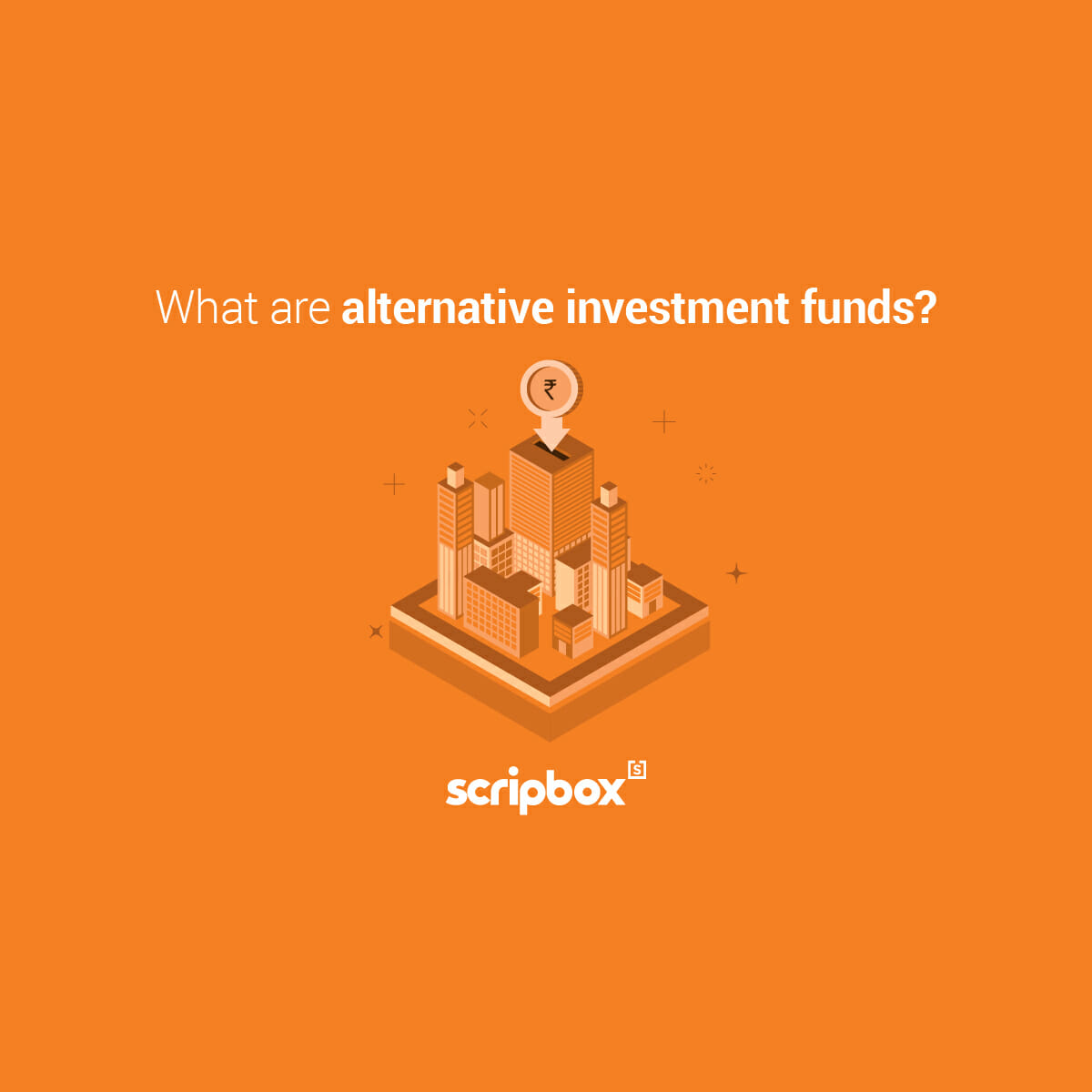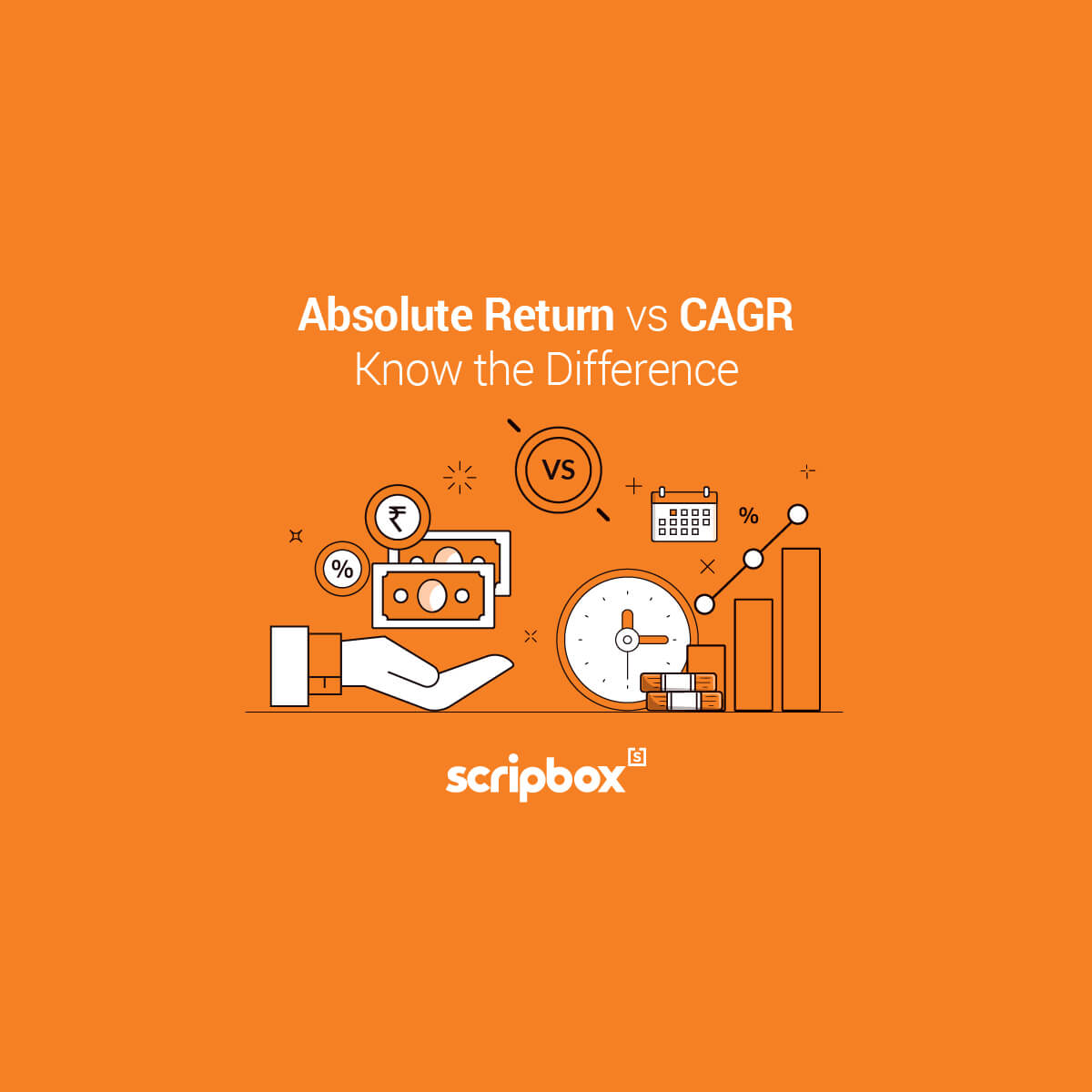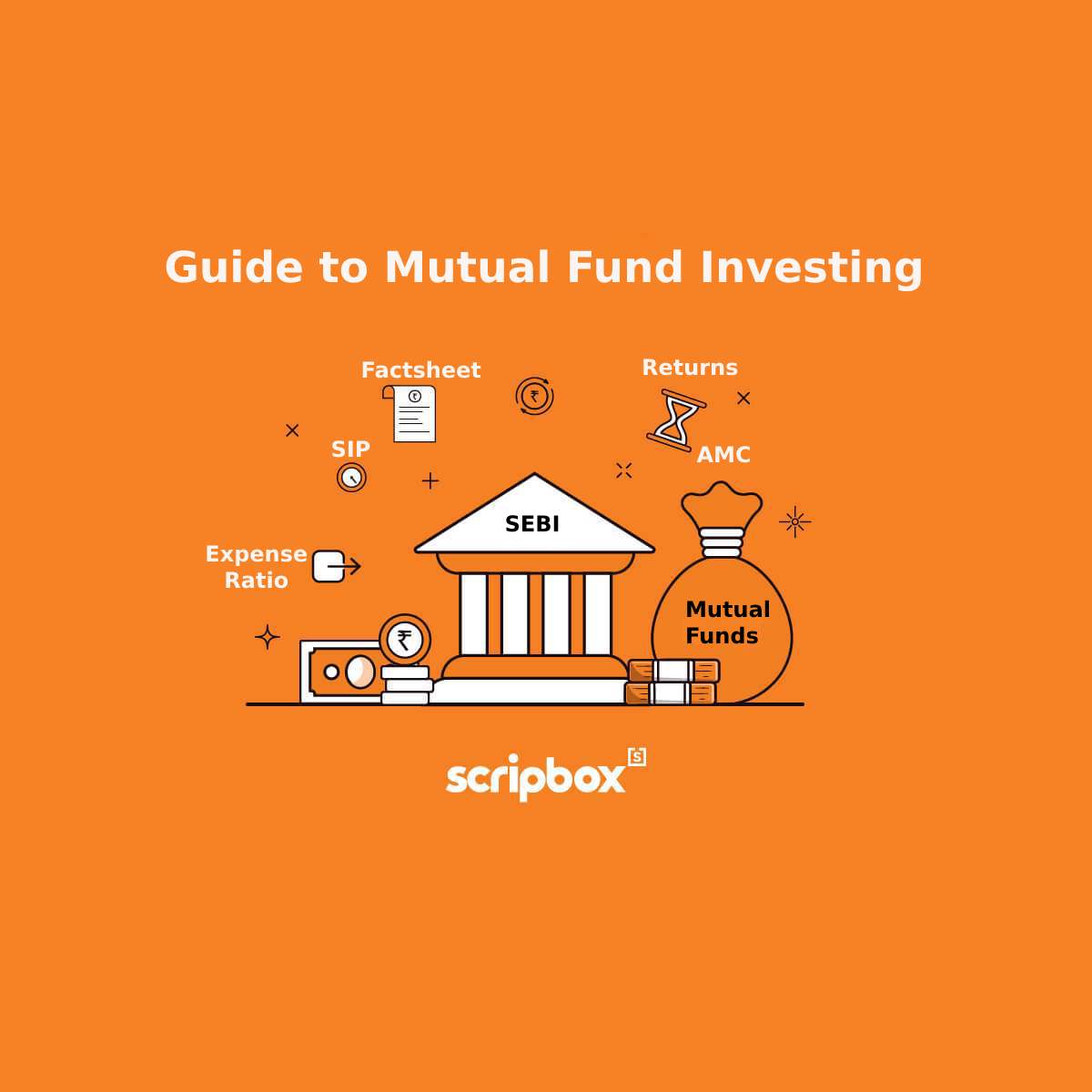What are FMCG Mutual Funds in India?
Fast-moving consumer goods (FMCG) sector mutual funds invest in companies that deal with products consumed by people on a daily basis. Packaged food, soaps, toothpaste and powders, detergents, cosmetics, etc., are some of the popular FMCG products.
FMCG mutual funds are sectoral funds where the fund manager invests only in stocks of companies in the fast-moving consumer goods (FMCG) industry. These funds invest across the top players in the industry such as HUL, ITC, Dabur, Godrej, Nestle, etc. As the leading FMCG players are fewer, several AMCs have considered investing in textile and paint manufacturing enterprises. As a result, we can see that companies like Raymonds and Asian Paints have jumped right into the FMCG market.
Since FMCG products are always in demand, the growth prospects of the funds may seem to be bright. However, FMCG funds are equity schemes and are susceptible to high market volatility.
Growth Drivers
- Increasing Demand: Increased awareness, a better supply chain, and ever-changing lifestyle needs also contribute to the sector’s growth. By 2025, the packaged food market in India is estimated to double to USD 70 billion.
- Rural Markets: Increased disposable income in rural India, as well as low penetration levels in the rural market, provide expansion opportunities.
- New Sub-Sectors: The fast-growing FMCG industry in India is driven by factors other than income growth and urbanization. The purchase habits of India’s new generation of customers have resulted in an attitudinal market shift.
The modern Indian consumer is defined by a high level of awareness, a passion for health and nutrition, and a large amount of disposable income. As a result, new FMCG sub-sectors have emerged, such as the air, water purifier industry, organic food staples, sustainable and biodegradable alternatives, etc. These developments will continue to shape the FMCG sector’s profile. - Digital Retail: Increase in digital connectivity and better supply chain models in urban and rural areas positively impact the FMCG sector. The e-commerce portals are driving the demand for the sector.
- The surge in Investments: From April 2000 to June 2021, the FMCG sector received FDI inflows worth USD 18.59 billion. Investors are drawn towards the sector because FMCG products are in high demand all year.
Advantages of Investing in Consumption Mutual Funds
Following are the key advantages of investing in banking sector mutual funds:
- Growing Sector: Rural consumption has witnessed significant growth due to higher income and changing lifestyles. On the other hand, the organized retail sectors are growing significantly due to high demand, brand consciousness and expansions. In addition to these, the younger generations and high digital exposure greatly contribute to the sector’s growth.
- Returns: With the ever-growing consumer needs and increasing living standards, the FMCG industry looks bright. Therefore, one can expect good returns.
- Exposure to Leading Companies in the FMCG Sector: The FMCG sector contributes largely to the economy. By investing in FMCG mutual funds, you will get exposure to leading companies in the FMCG sector.
- Long-term Investment: FMCG sector is an ever-green industry. The demand for the products only increases. FMCG sector funds are equity schemes that have the potential to generate significant returns in the long term. Therefore, they are a suitable investment option for long term financial goals.
Who Should Invest in FMCG Mutual Funds?
Expert fund managers in the industry manage FMCG sector mutual funds. They strategically invest across the FMCG companies. The fund managers can only invest in companies belonging to the FMCG sector. However, they can choose companies across market capitalization. Since these are pure equity schemes, they are high risk. Therefore, FMCG mutual funds are best for investors who have a high-risk tolerance. However, in favourable market conditions, they can provide considerable returns.
On the other hand, if the FMCG sector experiences a slump, the stocks will lose value. As a result, only invest in FMCG sector funds if you thoroughly understand the sector’s dynamics and are a seasoned investor. Furthermore, even if you understand the markets and their characteristics, a portfolio exposure to FMCG sector funds of more than 10% is not advisable.
Things to Consider Before Investing in FMCG Mutual Funds
The FMCG industry has ever-growing demand. Though the future looks bright for the FMCG industry with increasing demand, high disposable income, etc. Following are some parameters that will help you select the best FMCG sector mutual fund for investment:
- Industry Outlook:
The FMCG market in India is expected to reach USD 220 billion by 2025 at a CAGR of 14.9%. The growth drivers of India’s FMCG industry are the growing youth segment, working women population, rising incomes and purchasing power, growing urbanization, increase in the number of the upper-middle class, changing consumer preferences, higher brand consciousness, rising internet penetration, etc. Additionally, a better supply chain, quick real estate infrastructure development, expanding investor interest, and higher credits aid the FMCG sector’s growth in India.
India’s retail market is mostly undeveloped, and there are huge opportunities. Aside from traditional brick-and-mortar stores, e-commerce is the next big thing in India, and it’s about to take off. The E-commerce market is currently worth billions of dollars, yet this is only the tip of the iceberg. - Historical Performance:
An FMCG sector fund’s past performance does not guarantee future results. On the other hand, comparing the fund’s returns to its benchmark and peers might help you assess its performance. Funds with a history of consistently beating their benchmarks and peers are fair investment options. Furthermore, analyzing historical returns can help you better understand the performance of the fund management and the fund over time. The ability of a fund to generate good returns across different market conditions is definitely a winner. - Investment Objective:
FMCG sector mutual funds aim to generate long-term wealth by taking advantage of the FMCG industry’s growth potential. The funds try to take advantage of India’s ever-increasing consumer demand, changing demographics, and lifestyle patterns.
As a result, fund managers and their team of experts are always looking for companies with good growth prospects. Furthermore, the fund manager tries to diversify the portfolio to a maximum extent in order to keep the risk low. Hence, it is wise to identify well-diversified funds within the sector. - Investment Horizon:
As the risk associated with FMCG sector funds is high, you must have a long-term investing horizon. The investment risk averages out when you hold your investments for a longer period of time. Therefore, consider FMCG sector funds only if you have a long term investment horizon. - Suitability:
FMCG sector mutual funds may be more focused in the FMCG sector than other well-diversified equity funds. As a result, they are riskier than equity mutual funds, and you should consider your risk profile before investing. Investing in these funds is advisable only if you have high-risk tolerance and long-term investment tenure. Investing in these funds allows you to gain exposure to a portfolio of the best-performing FMCG sector stocks. Moreover, it is important to have less than 10% of your investments in sector mutual funds. - Asset Allocation:
Since FMCG funds are sector funds, their portfolio is heavily weighted across the FMCG industry, making it a high-risk investment. These funds heavily invest across companies that are directly related to consumer spending on a daily basis. As a result, the portfolio is highly exposed to a few stocks that are market leaders. Not all stocks perform well all the time. Therefore, it is a must to ensure the fund’s portfolio is well diversified.
The FMCG industry is well-positioned and has been giving promising returns. Though the sector is ever-green, it is important to consider all the factors while investing in it. Markets move in a cycle, so do businesses and industries. Therefore, it is always advisable to keep track of your investments. Despite understanding the sector and its functioning, you need to be well aware of the risks before investing in it.
Related Articles
- What are FMCG Mutual Funds in India?
- Confused if your portfolio is performing right enough to meet your goals?
- How long have you been investing in mutual funds?
- What is your current portfolio size?
- What is your approximate annual household income?
- Your profile does not qualify for a call with a Financial Expert.
- Advantages of Investing in Consumption Mutual Funds
- Who Should Invest in FMCG Mutual Funds?
- Things to Consider Before Investing in FMCG Mutual Funds























Show comments